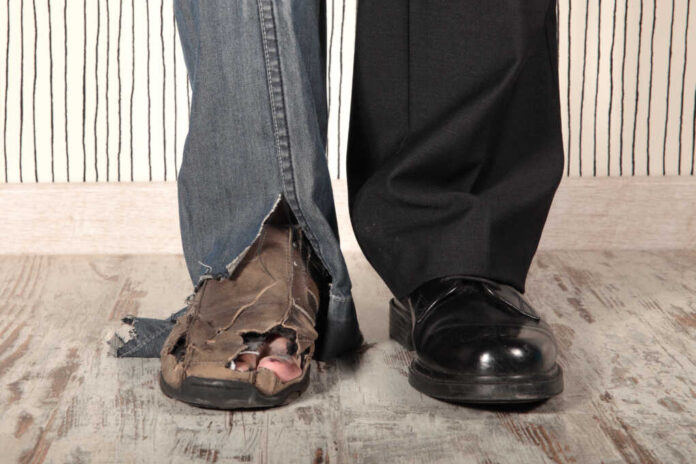
People raised in low-income households are seen as more moral and trustworthy than their wealthier peers, according to a new UBC study that flips global trust stereotypes on their head.
At a Glance
- A global study shows poorer individuals are widely perceived as less trustworthy.
- UBC researchers found people from low-income childhoods are seen as more moral.
- Trust games revealed participants consistently favored those with humble origins.
- Stereotypes about trustworthiness vary based on current vs. past wealth.
- The findings may help counter socioeconomic discrimination.
Global Bias Against the Poor
Across eight diverse countries, researchers found a disturbing trend: people with fewer resources are seen as less trustworthy, regardless of who’s making the judgment. This stereotype transcends culture and class, suggesting that economic inequality may fuel a broad social mistrust of the poor—even among the poor themselves.
As lead author Dr. Nicolas Boon-Falleur explains, the finding isn’t about actual trustworthiness but rather perception. “People with fewer resources are consistently perceived to be less trustworthy,” he said, emphasizing that there is no evidence poor individuals are less moral or reliable.
This perception gap may help explain biases against migrants and the socially disadvantaged, deepening social divides and hindering social cohesion in both Western and non-Western societies.
UBC Flips the Script
In a twist, researchers at the University of British Columbia found the exact opposite when they examined perceptions linked to childhood wealth rather than current status. Using a series of trust games involving fictional characters with distinct socioeconomic backgrounds, UBC’s team observed a consistent pattern: people trusted profiles rooted in poverty more than those from affluent childhoods.
The study’s participants—nearly 1,900 in total—responded positively to stories of modest beginnings, even when the subjects were now wealthy. This suggests that moral narratives linked to humble roots—think Cinderella or Aladdin—remain deeply ingrained in how we assess character.
Watch a discussion: Do We Trust Poorer People More Than the Rich?
Why Background Matters More Than Bank Accounts
Interestingly, current wealth didn’t override the influence of a person’s upbringing. Individuals who were wealthy but came from poor backgrounds were viewed more favorably than those born into wealth. This suggests that it’s not how much money someone has today, but how they got there that shapes our trust.
The research also highlights a strategic takeaway: presenting one’s background can shift how trustworthy others perceive them to be. In professional and social settings, emphasizing humble origins could foster deeper trust—even among skeptics.
Toward a More Trusting Society
These studies underscore a major challenge: our instinctive trust judgments are influenced by wealth in complex, and sometimes contradictory, ways. While broader societal narratives frame the poor as less trustworthy, individual assessments may reward those with low-income origins—especially if they’ve “made it.”
Dr. Boon-Falleur urges institutions to recognize and counteract these biases: “By becoming aware of this stereotype, people may try to overcome this bias, or put in place programs in their organization to counteract this.”
Looking ahead, future research will explore how to shift public perceptions and address trust gaps tied to economic background. As the line between morality and money continues to blur, the findings remind us that trust, much like wealth, is often unequally distributed—but far less rationally so.





























